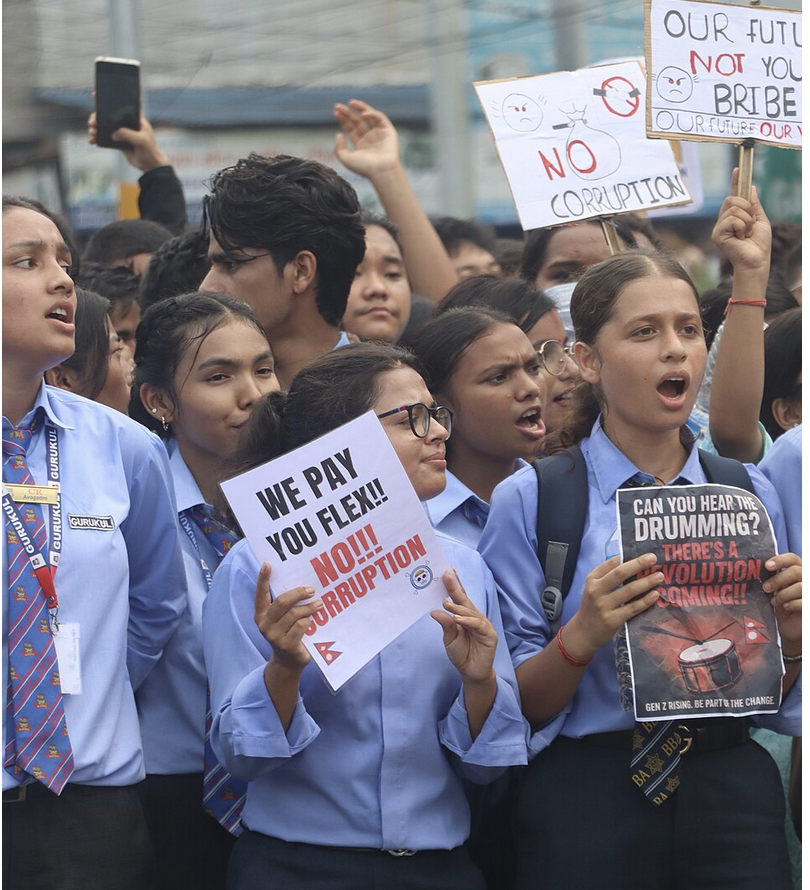Professor Della Porta talks to Die Zeit

(Professor Della Porta gave a long interview to DIE ZEIT, here the first part translated in English)
Mass protests are flaring up again and again in different parts of the world. Currently, tens of thousands of people are taking to the streets in Serbia and Indonesia to protest against their governments, while new nationwide protest movements are forming in Nepal and France. Kenya and Turkey have also seen mass protests this year – but mostly with limited results. What actually needs to happen for large-scale protests to be successful? Donatella Della Porta, one of the world’s leading experts on social movements and political violence, explains.
DIE ZEIT: Ms Della Porta, many people in Indonesia and Serbia are currently protesting against their governments. Is there more connecting these movements than frustration with poor politics?
Della Porta: In both cases, the protesters are rebelling against social injustice and corruption in their countries. In addition, the protest movements have developed particularly in resistance to state repression – they are both anti-government, so to speak.
ZEIT: In Indonesia, only a few hundred people initially demonstrated against special payments for members of parliament. After the state paramilitary unit Brimob ran over a 21-year-old man during the operation, the protests spread rapidly. Was that foreseeable?
Della Porta: It certainly wasn’t surprising. When many people perceive the actions of state security forces against protest movements as unjust, a wave of solidarity can break out. This is particularly likely when repression affects peaceful young demonstrators.
ZEIT: There was a similar dynamic during the Arab Spring in 2011, the revolutionary protests in Iran in 2022, and this year’s demonstrations in Turkey and Kenya. Why are people not necessarily intimidated by batons, tear gas, or live ammunition?
Della Porta: As soon as people see themselves as part of a collective that is currently suffering injustice, their perception of danger shifts. I observed this in interviews with demonstrators during the Arab Spring in Egypt: virtually overnight, they feared less the police than the prospect of one day not being able to explain to their children why they did not rise up against their oppressors.
28/10/2025

Journal Article - 2025
Journal Article - 2023
Journal Article - 2023
Journal Article - 2023
Journal Article - 2023
Monograph - 2023
Monograph - 2022
Monograph - 2022
Journal Article - 2021
Journal Article - 2021